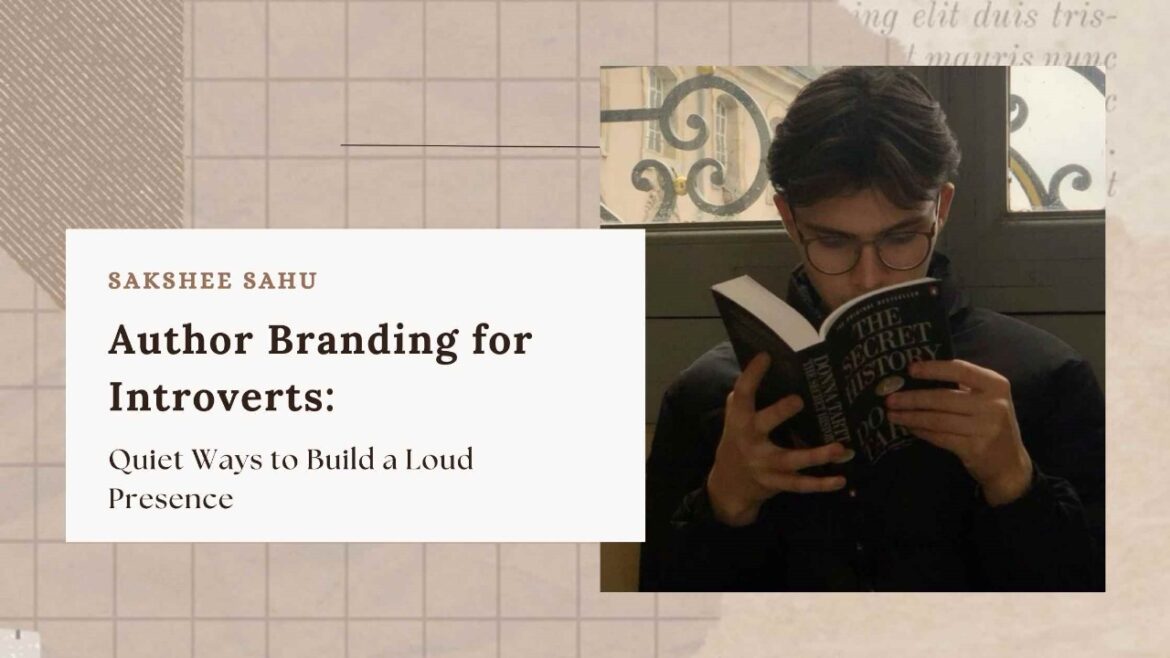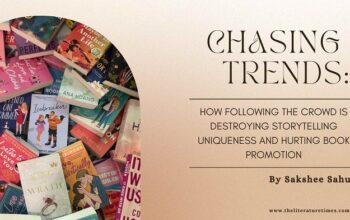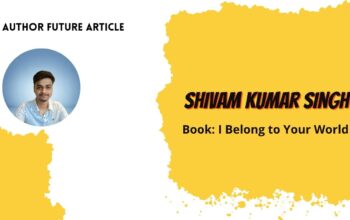In a publishing world dominated by flashy book launches, social media takeovers, and energetic public appearances, introverted authors often find themselves struggling to keep up. But the truth is, introversion is not a limitation it’s a quiet strength. Many of the world’s most beloved authors, from J.K. Rowling to Haruki Murakami, are known for their reserved personalities. And yet, their presence is undeniable. So how do they do it? How can introverted authors build a powerful, authentic brand without compromising their comfort? This article explores quiet, sustainable, and effective ways to build a meaningful author presence without burning out.
Embrace Authenticity: Let Your Words Speak for You
Introverts thrive in thoughtful, reflective environments, and that’s exactly what good writing demands. Your writing voice can be your branding superpower whether it’s the emotional depth in your stories, the unique observations you share in newsletters, or the gentle wisdom in your blog posts. Instead of trying to be loud, aim to be clear, consistent, and authentic.
One of the easiest ways to start building your brand is by maintaining a simple, well-designed author website. Think of it as your digital home, a space where readers can get to know your work, your values, and your personality at their own pace. Populate it with a compelling bio, excerpts from your writing, and a regularly updated blog or journal. This doesn’t need to be frequent monthly posts that reflect your thoughts, writing journey, or book-related insights are more than enough to create engagement over time.
Also read – https://www.theliteraturetimes.com/author-branding-begins-before-publishing-what-first-time-authors-must-know/
Next, consider creating a newsletter. For introverts, email marketing is a gift, it’s intimate, non-intrusive, and gives you complete control over how you communicate. Write as you would to a friend: include a behind-the-scenes look at your writing process, book recommendations, personal stories, or even favorite quotes. Over time, you’ll build a loyal circle of readers who look forward to hearing from you, not because you shout the loudest, but because your voice resonates the deepest.
Social media, too, doesn’t have to be a stage it can be a quiet garden where you invite your readers to sit with you. Instead of forcing daily updates, curate your content based on your comfort level. Post once a week if that works best. Share bookish photos, a quote that moved you, a snapshot of your writing nook, or a paragraph from your work-in-progress. Use your caption to tell a mini story, ask a question, or reflect on something simple. With time, your feed will become a reflection of your voice and your values and that’s real branding.
Build Deep, Not Wide: Focus on Relationships Over Reach
Introverts are naturally skilled at one-on-one connections, and this strength can be used to build a powerful reader community. While extroverts may shine in large events, introverts excel at building meaningful bonds. Instead of chasing big numbers and viral fame, focus on cultivating quality relationships with readers, bloggers, and fellow authors.
Start by reaching out to book bloggers or reviewers whose values align with yours. Send a thoughtful message, engage with their content genuinely, and slowly build rapport. When you request a review or collaboration, it won’t feel forced, it will feel natural. This same approach works well with podcast hosts, literary influencers, and indie bookstores.
If public speaking feels daunting, consider pre-recorded content. A quiet reading of a chapter on YouTube, a voice note update on your writing progress, or even a slideshow of your favorite quotes with soft background music can serve as promotional content without overwhelming you. Readers love seeing the person behind the pen and even a glimpse of your world can go a long way in building loyalty.
Another underused but powerful method is collaborative content. You don’t need to promote your book alone. Partner with fellow authors to write joint blog posts, run newsletter swaps, or host a virtual Q&A. When done with someone you trust, it reduces the pressure and allows you to share your platform while offering readers double the value.
Related article – https://www.theliteraturetimes.com/emotional-branding-for-authors-sell-a-feeling-not-a-book/
Offline, look for smaller, more intimate opportunities. Book clubs, literary cafes, library events, and even local writing groups offer an environment that introverts often find more manageable. These spaces allow for slow, meaningful interactions that can lead to word-of-mouth promotion the most authentic kind of branding.
Don’t underestimate the power of reader correspondence either. Replying to a DM, email, or comment personally when possible can create a lasting connection. Readers often remember these small gestures far more than a viral post.
In conclusion, author branding doesn’t have to mean becoming someone you’re not. For introverts, the goal isn’t to be loud, it’s to be heard in a way that’s true to your nature. Let your writing be your voice, let your presence be calm but consistent, and let your branding be rooted in depth, not noise. In a world full of shouting, your quiet confidence might be the most refreshing thing readers discover.



